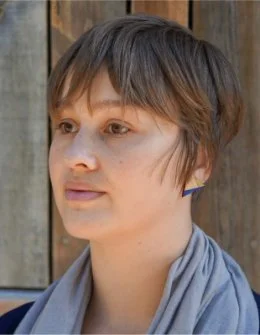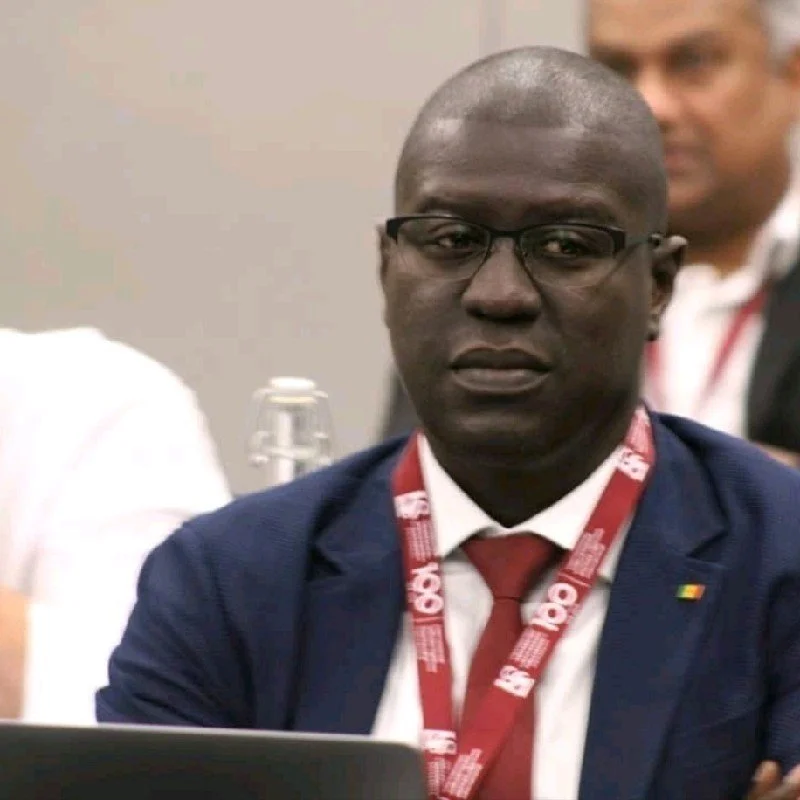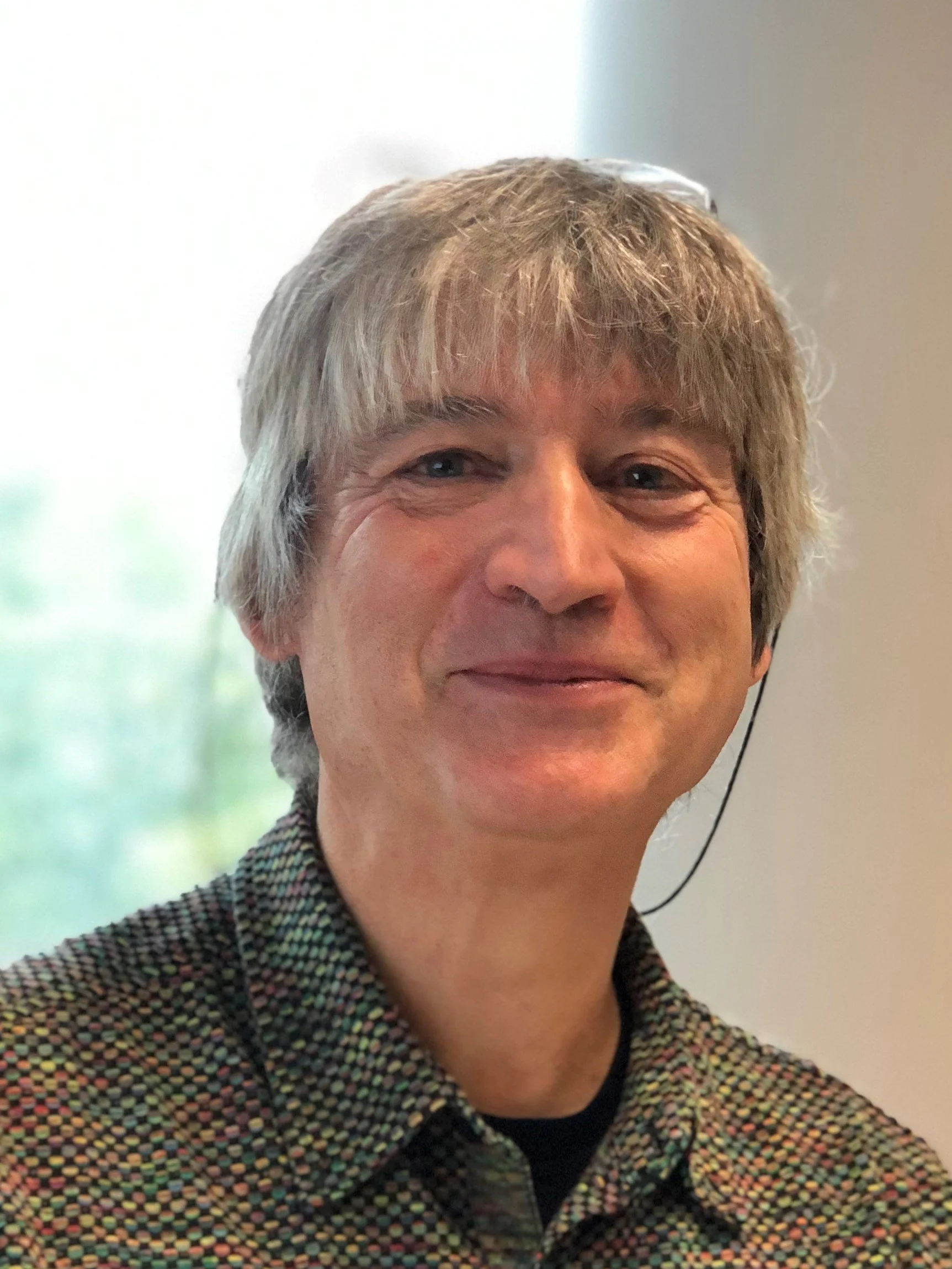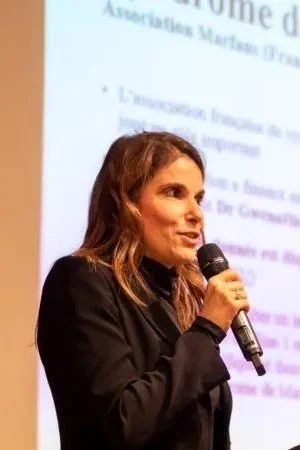Session 3 - Can AI, Data and Robotics Research be Open and Accessible to All? Exploring the challenges
11:00 AM to 12:30 PM
Studio 5
This session examined whether AI, data and robotics research can be open and accessible to all. Participants explored the challenges of making advanced research universally available, including issues related to intellectual property, data privacy and equal access. The discussion drew on insights from experts on how to overcome these obstacles and promoted a more inclusive approach to technological progress.
Meet the speakers
-

Gianluca Bontempi
MODERATOR
Co-director of Machine Learning Group at Université Libre de Bruxelles
Gianluca Bontempi is Full Professor in the Computer Science Department at the Université Libre de Bruxelles (ULB) and co-head of the ULB Machine Learning Group. He has been Director of (IB), the ULB/VUB Interuniversity Institute of Bioinformatics in Brussels from 2013-2017. His main research interests are big data mining, machine learning, bioinformatics, causal inference, predictive modeling and their application to complex tasks in engineering and life science. He was Marie Curie fellow researcher. He was awarded in two international data analysis competitions and took part to many research projects in collaboration with universities and private companies all over Europe. He is Belgian (French Community) national contact point of the CLAIRE network, co-leader of the CLAIRE COVID19 Task Force and IEEE Senior Member. He is also co-author of several open-source software packages for bioinformatics, data mining and prediction.
-

Judith Biernaux
SPEAKER
Research Data Officer at University at RISE ULiège
Judith Biernaux completed a PhD in Space Sciences in 2018 at ULiège. After a few industry R&D positions, she returned to ULiège as Research Data Officer. Her mission is to support researchers from all ULiège’s 11 Faculties in complying with demands, regulations, and recommendations on research data management. Her tasks include designing educational resources, collective or individual training, and developing university-wide data management tools, promoting the FAIR data principles. Through interuniversity projects, including the FWB Data Ambassadors community management, she hopes to help defining responsible research data standards to enhance openness, reproducibility, and integrity.
-

Idrissa Sarr
SPEAKER
Prof. of Computer Science (BigData & Data sciences) at Cheikh Anta Diop University
Dr Idrissa Sarr is a full professor in the field of Big Data and Datascience at the Université Cheikh Anta Diop de Dakar (UCAD). Between May 2014 and February 2021, he was head of the quality programme responsible for evaluating research and training programmes at UCAD. Professor Sarr is currently the Managing Director of the University Centre for Research and Training in Internet Technologies (CURI), CEO of Senegal ccTLD registry (NIC Senegal), a member of the UCAD Digital Strategy Committee and the Vice-President of African Top Level Domain Names organization.
He (co-)leads the management and implementation of several ongoing projects, including SenAgro: Data science training kit for smart agriculture in Senegal, the Sharing and Protection of Agricultural Data for Ethical and Responsible Valuation in Africa, the Initiative pour le Développement de l'Intelligence Artificielle/Senegal, etc.
In 2024, he sets up the Data Innovation Centre for Artificial Intelligence (DiCentre4AI) to promote the use and deployment of responsible AI across Africa.
-

François Terrier
SPEAKER
Deputy Director for Programs of CEA-List Institute Director of PEPR IA, national priority research on AI
François Terrier is the head of the System and Software Engineering department at the LIST Institute of CEA Tech. He focuses on developing open tool chains for trustworthy software and systems, covering the entire development cycle from requirements to integration. François has been instrumental in advancing modeling standards such as OMG MARTE, SysML, and AUTOSAR WG, and has led the CEA's involvement in these areas. His current research includes combining domain-oriented modeling with formal methods for high-quality, safety-critical systems. He also spearheads CEA List's program on Trustworthy Artificial Intelligence.
-

Ludivine Verboogen
SPEAKER
Co-Founder at 101 Genomes Foundation
With an LLM in European law, Ludivine Verboogen has been a member of the Brussels bar, she also worked as a legal advisor at the Belgian Institute of Registered Auditors and spent six years as legal manager at Mentally Fit Institute.
As co-founder of the 101 Genomes Foundation, which promotes the use of genomics in the fight against rare diseases, Within 101 Genomes, Ludivine has worked on the development of a first of its kind Genomic Cloud gathering genomes (WGS) from participants with Marfan syndrome via a unique an innovative dynamic Consent App which allows patients to join research from all over the world. The achievements of 101 Genomes were presented during the Belgian Presidency of the EU.
Data collected by 101 Genomes has been used by academic researchers to train several artificial intelligence tools (AI) that are helping to improve diagnosis and understanding of rare diseases.
Ludivine is also vice-President of RaDiOrg, the Belgian alliance for Rare Diseases, member of the Marfan Europe Network and member of the Belgian College of Genetics’ working group on the alignment and coordination of initiatives dedicated to Rare Diseases in Belgium
